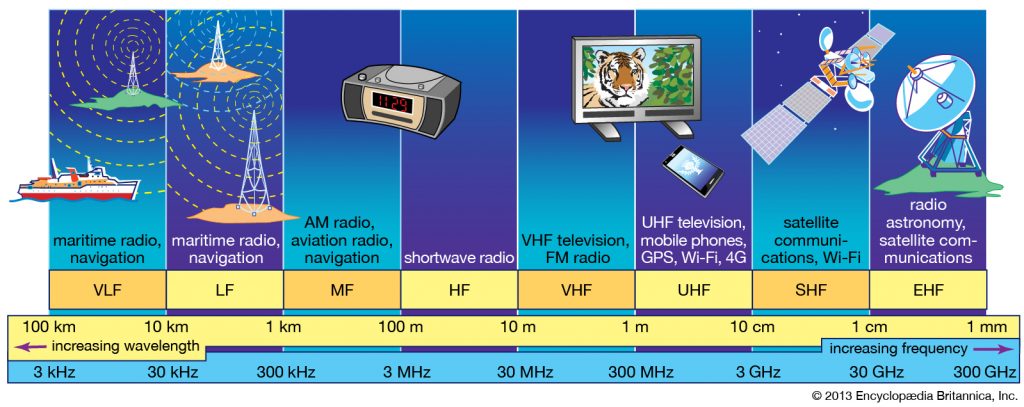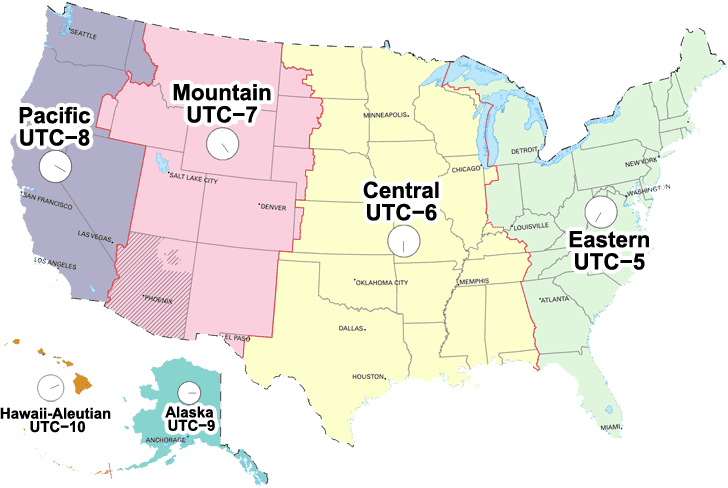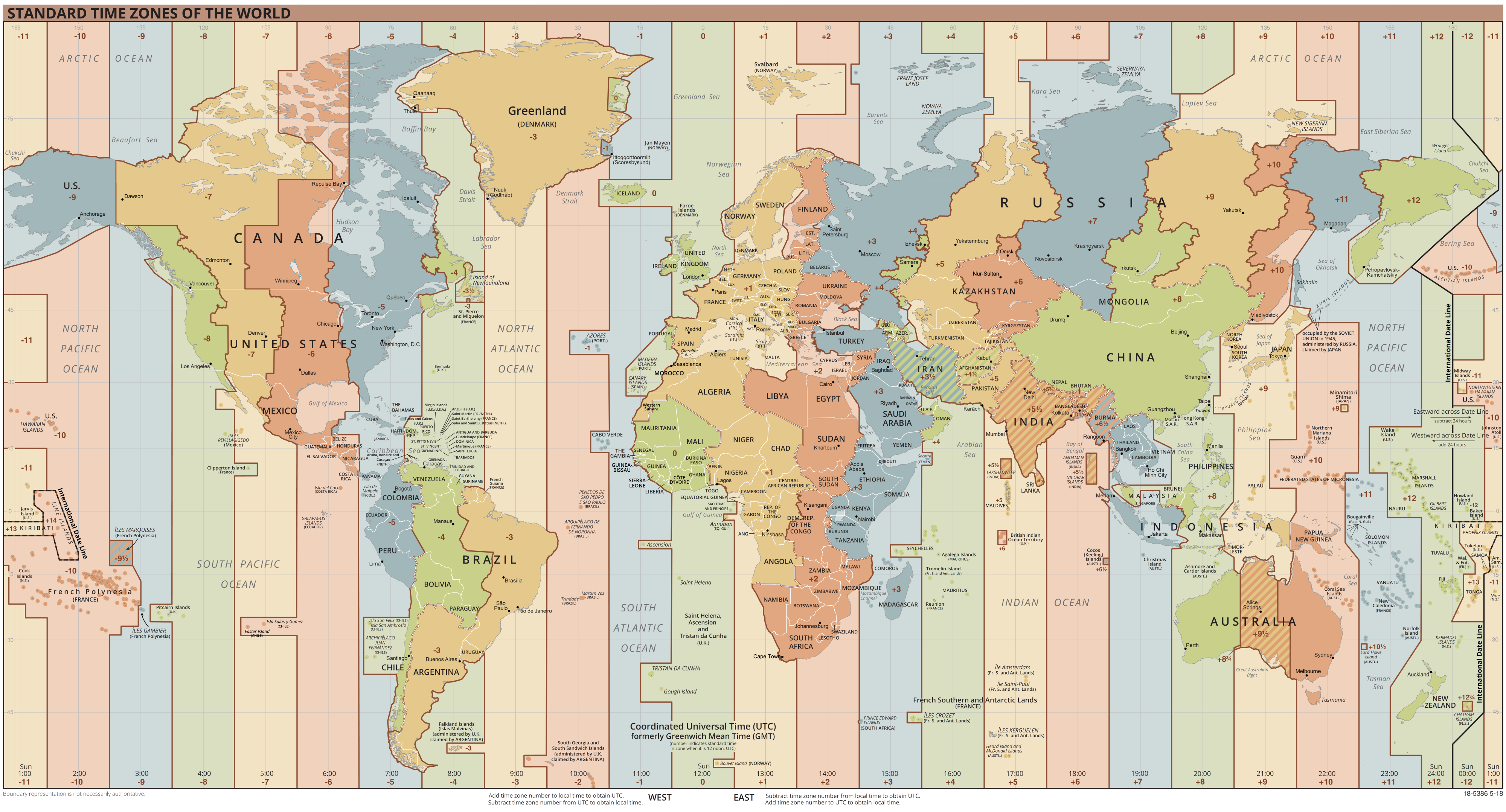RADIO LISTENING GUIDE ![]()
LISTENING TO OTHERWORLD RADIO ON AM
Otherworld Radio will be can be heard on 1680 AM in West Lincoln, NE. You can also listen to our webstream or listen to our archived shows.
The amplitude modulation (AM) — aka medium wave or medium frequency (MW / MF) — broadcast band ranges from 535 kilohertz (kHz) to 1720 kHz. Here is an affordable antenna to boost your AM reception (you don’t need to connect it to your radio, just place it close to your radio and experiment with different positions and angles — of the radio or antenna — to increase reception clarity).
SHORTWAVE LISTENING GUIDE — QUICK AND EASY
Shortwave (SW) aka high frequency (HF) broadcasts are able to travel great distances; this allows SW stations to broadcast to other countries, and even reach other continents all over the planet. The SW band extends from 1700 kilohertz (kHz) to 30000 kHz (expressed in megahertz this would be 1.7 MHz to 30 MHz; expressed in terms of radio wave length, 100 meters to 10 meters), but most stations broadcast in the 3000 kHz to 30000 kHz range. A long length of insulated stranded copper wire (any kind of wire will work though) works as a great antenna for SW listening. The gauge of the wire is not important, but it should be suitable for the stress it will be under (outdoor antennas are under greater stress so a thicker [lower gauge] wire would be best) and practical for your needs (14 to 22 gauge is commonly used) — just string it up high, away from large solid obstacles, and connect it to your radio’s antenna with an alligator clip or attach a plug if your radio has an external antenna input. This kind of simple antenna is known as a “random wire antenna.”

Shortwave (SW) stations use Universal Time Coordinated (UTC) — aka Coordinated Universal Time. Greenwich Mean Time and Zulu Time are the same as UTC and are used interchangeably. SW stations usually announce the time at the beginning of each hour. You can also figure out the time by tuning in to Atomic Time Station WWV — https://www.nist.gov/pml/time-and-frequency-division/radio-stations/wwv — You can hear this station best on 2,500 kHz, 5,000 kHz, or 10,000 kHz in the evening, and on 10,000 kHz, 15,000 kHz, 20,000 kHz, or 25,000 kHz in the daytime hours. You can also call 303-499-7111 to listen to this station.
UTC TIME CONVERTER
Universal Time Coordinated (UTC) is 5 hours ahead of Eastern Standard Time (EST) / or UTC-5
Universal Time Coordinated (UTC) is 4 hours ahead of Eastern Daylight Time (EDT) / or UTC-4
Universal Time Coordinated (UTC) is 6 hours ahead of Central Standard Time (CST) / or UTC-6
Universal Time Coordinated (UTC) is 5 hours ahead of Central Daylight Time (CDT) / or UTC-5
Universal Time Coordinated (UTC) is 7 hours ahead of Mountain Standard Time (MST) / or UTC-7
Universal Time Coordinated (UTC) is 6 hours ahead of Mountain Daylight Time (MDT) / or UTC-6
Universal Time Coordinated (UTC) is 8 hours ahead of Pacific Standard Time (PST) / or UTC-8
Universal Time Coordinated (UTC) is 7 hours ahead of Pacific Daylight Time (PDT) / or UTC-7

——————————————————————————————————————–


FINDING STATIONS
SW and amplitude modulation aka mediumwave (AM or MW, respectively) frequencies are usually expressed in kilohertz (kHz). If the frequencies are expressed in megahertz (MHz) you can convert them to kHz by moving the decimal three spaces to the right (e.g., 5 MHz = 5000 kHz; 15.5 MHz = 15500 kHz).
The best way to find stations is to just start at 3000 kHz and start scanning up the band. You can keep a log of what you find at what times so you know where to look next time. You can also use https://shortwaveschedule.com/ to find stations to listen to, or you can order a physical copy of stations/schedules here: http://www.wrth.com/
If you are on a smartphone or tablet try using the Skywave Schedules app to listen to computer controlled shortwave radios all over the world!
SW stations broadcast on different frequencies to maximize their range. Remember that higher frequencies (above 10 MHz) generally work best in the daytime, while lower frequencies (below 10 MHz) tend to work best at night.
Enjoy surfing the waves!
Additional tips:
- For better AM reception, try turning off nearby electronics, as many modern devices create interference.
- If possible, grounding your antenna (e.g., connecting it to a cold water pipe or metal rod driven into the ground) can improve reception and reduce noise.

Schedule * Radio Listening Guide * DJs * Links * Aesthetics * Contact * Fireplace * Secret Messages * Archived Radio Shows * Guest Book